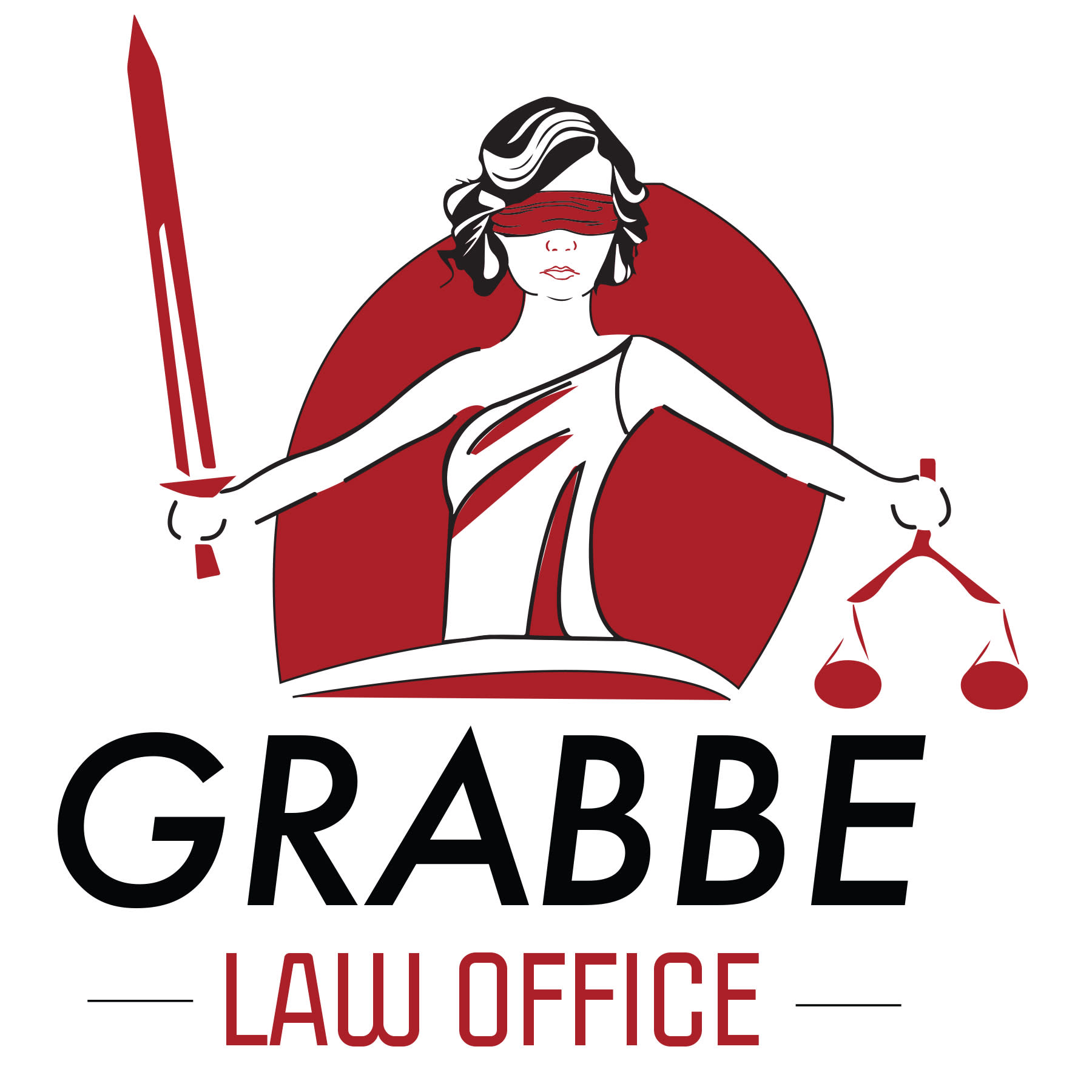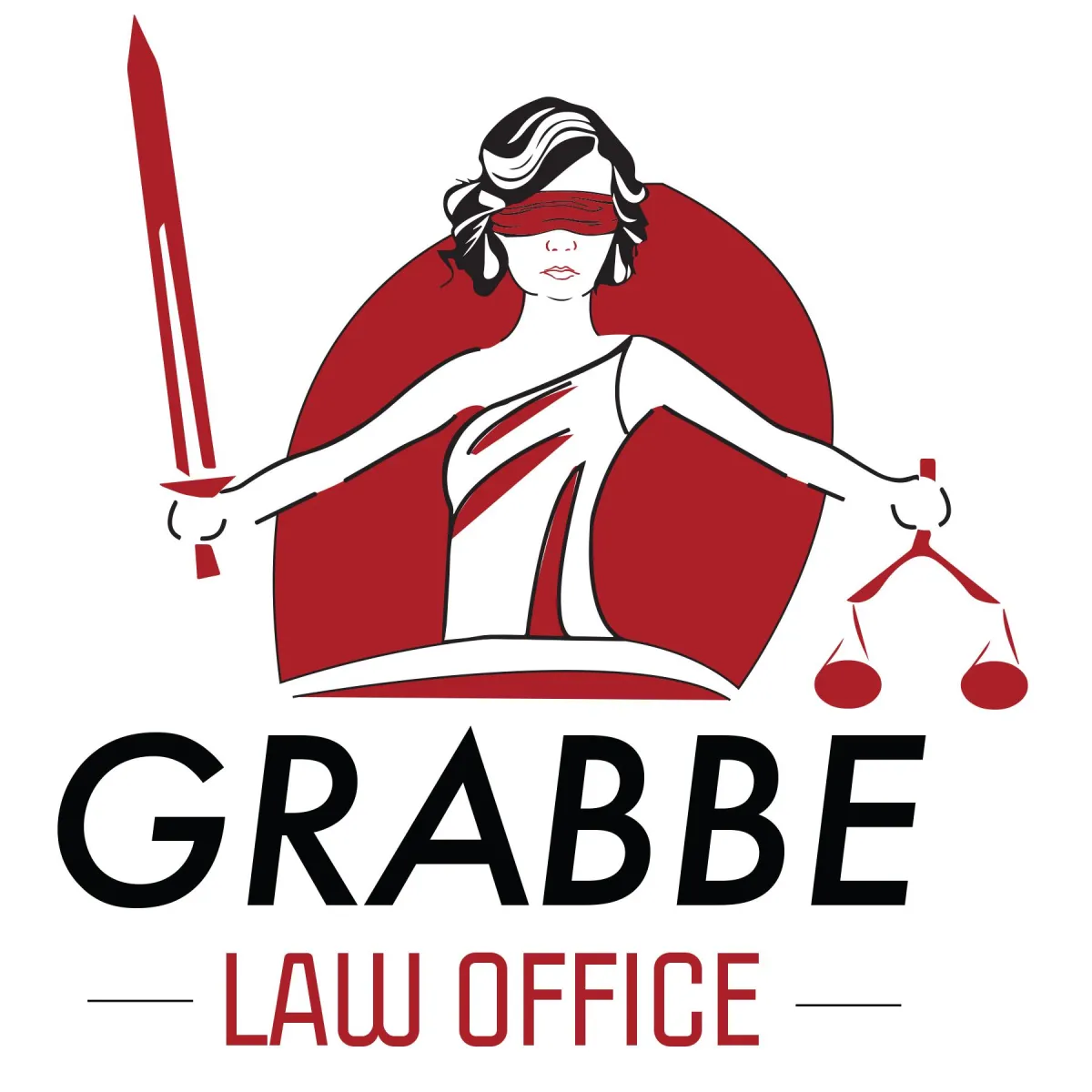Welcome to the Blog!

How To Avoid Trademark Renewal Scams
Trademark renewal scams are a growing concern for businesses and individuals registering their trademarks with the United States Patent and Trademark Office (USPTO). All trademark holders should be aware of these trademark renewal scams and take necessary precautions to protect their intellectual property. If you have questions about renewing a trademark, consider scheduling a consultation with the trademark attorney at Grabbe Law Office by calling (785) 621-4711 or setting up a free 15-minute consultation online.
What Are Some Common Trademark Renewal Scams?
These scams target trademark holders by posing as official government agencies or authorized renewal services. There are several common trademark renewal scams listed by the United States Patent and Trademark Office, including:
Solicitations from Fake USPTO Offices
These companies falsely represent themselves as authorized agents of the USPTO and use misleading language and official-looking branding to deceive trademark holders into paying renewal fees. They may even include a deadline for payment, creating a false sense of urgency.
Additionally, they may claim that failure to pay could result in the cancellation of the trademark.
Trademark holders should be cautious of any unsolicited communications, especially those that demand payment for renewal fees. Recipients should verify the authenticity of the source before providing any personal or financial information.
Urgent Renewal Notices
Fraudulent entities use urgency-based tactics to manipulate trademark holders into paying renewal fees they may not be required to pay. They use language that creates a false sense of urgency, making trademark holders believe they need to act quickly or risk losing their trademark rights. The solicitations may include threats of trademark cancellation or expiration. Some notices state that the trademark is in danger unless the renewal fee is paid immediately.
This type of scam is particularly effective because trademark holders are eager to protect their rights. By creating a sense of urgency, fraudulent entities can pressure trademark holders into making hasty decisions and paying fees they do not owe to the United States Patent and Trademark Office. These invented fees go instead directly to the scammers.
Official-Looking Invoices
Some fraudulent entities send solicitations that mimic the look and feel of official invoices to deceive trademark holders into paying fees. These solicitations may include official-looking logos, letterheads, and language designed to resemble official USPTO communications. As a result, such documents appear to be legitimate requests for payment even though the USPTO has not sent them.
Trademark renewal scammers often target trademark holders who are unfamiliar with the trademark renewal process. The USPTO does not send invoices for renewal fees. To avoid falling victim to these scams, trademark holders should be cautious of unsolicited communications that resemble official invoices and verify the authenticity of the source before making any payments.
Requests for Personal Information
In addition to falsely claiming that payment is required for mandatory renewal fees, some scammers may also ask for sensitive personal or financial information from trademark holders. This information may include details such as the trademark holder’s:
· Name
· Address
· Telephone number
· Email address
· Bank account and payment details
Unscrupulous individuals may use personal and financial information to make unauthorized charges, or to open bank accounts or credit card accounts in the trademark holder's name. They may also profit by selling the information to other scammers. Trademark holders must be cautious of requests for sensitive personal or financial information. They should never provide this information in response to unsolicited communications without first verifying the communications’ authenticity by contacting the USPTO directly.
Unsolicited Offers for Additional Services
In some instances, fraudulent entities may offer supplementary services, such as trademark monitoring or enforcement, with false claims of mandatory renewal fees. These services may be presented to prey on the trademark holder's concerns regarding the potential loss of their trademark rights.
The entities may insist that monitoring or enforcement services are necessary to safeguarding the trademark holder's rights and preventing unauthorized use of a similar trademark. They may use high-pressure sales techniques, including limited time offers or language that creates a false sense of urgency, to convince the trademark holder to pay for these services. However, such services are frequently redundant. In many cases, they do not provide any tangible benefit to the trademark holder. If you have questions about an offer you have received for trademark monitoring or enforcement services, consider scheduling a consultation with an intellectual property lawyer at Grabbe Law Office to review the claims.
How Do I Take Steps to Avoid Trademark Renewal Scams?
Trademark holders can take the following steps to reduce their risk of falling victim to trademark renewal scams:
Familiarize Yourself with the USPTO Renewal Process
Registered trademark holders should thoroughly understand the USPTO guidelines and procedures involving trademark renewals. Armed with that knowledge, they can more easily recognize whether they are the target of fraudulent trademark renewal solicitations. Trademark renewals take place in the following intervals:
· Between the fifth and sixth years after the date of registration
· Between the ninth and tenth years after the date of registration
· Every ten years after those periods
Thoroughly Evaluate All Third-Party Renewal Notices
Some fraudulent entities frequently pose as legitimate companies affiliated with the USPTO or another government agency. For that reason, trademark holders should be vigilant in scrutinizing all trademark renewal notices. To determine the legitimacy of any communication purported to come from the USPTO, the recipient should carefully examine every aspect of the solicitation, including the envelope.
View our video below for an example of a scam mailing.
Verify the Contact Information of Third-Party Solicitors
Before making any payments or providing sensitive information, trademark holders should verify the contact information of third-party solicitors who send trademark renewal notices to confirm their authenticity and legitimacy. Sometimes, the addresses listed may be false, and the phone numbers may not be functional. Attempting to call the provided phone number may result in the inability to reach anyone on the other end, which can indicate that the company may not be a legitimate entity. The lack of verifiable contact information often means the notice is fraudulent.
If you already have an attorney, call them first and be especially wary, as all official USPTO communication should be coming through your attorney.
Contacting the USPTO directly to confirm the legitimacy of any services offered may also prove helpful.
Contact the Appropriate Authorities If You Suspect Mail Fraud
Reporting fraudulent entities to the proper authorities can prevent these scams in the future. Anyone who has received a trademark renewal scam should alert the Federal Trade Commission, state consumer protection agencies, and the Department of Justice regarding these activities.
Reach Out to an Experienced Trademark Lawyer Today
Trademark renewal scams target trademark holders in hopes of receiving money without providing legitimate services. Knowing the signs of the scams may help you to recognize them in action before losing money to a fraudulent scheme or putting your trademark’s registration status at risk. If you would like to learn more about official trademark renewals, please consider scheduling a consultation with the Grabbe Law Office by calling (785) 621-4711 or setting up a free 15-minute consultation online.
See our short Youtube video showing an example of one of these fraudulent scams:








